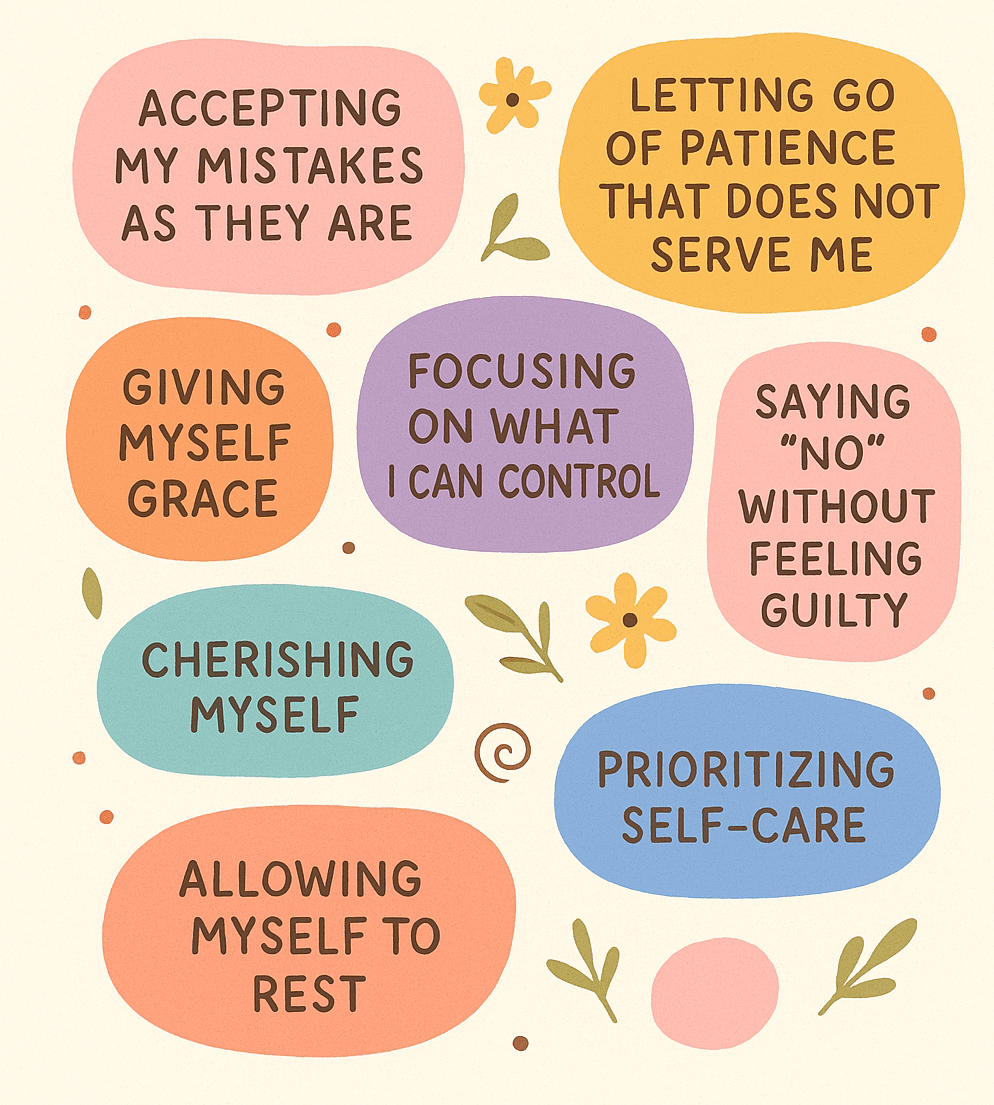
Intentions, Not Resolutions: A Kinder Way to Start the New Year
Start the new year with compassion and clarity by setting intentions instead of rigid resolutions. Learn how mindful goal-setting can support your mental health and help you create lasting, meaningful change.

Navigating the Holiday Aftermath: Coping with Post‑Holiday Blues and Burnout
After the holidays fade and the decorations come down, many of us find ourselves adrift — fatigued, emotionally quieted, or simply feeling “off.” This letdown isn’t a personal failing; it’s a natural response to the emotional sprint we’ve just run. In this post, we’ll gently explore what causes post‑holiday blues, how burnout can sneak in despite best intentions, and, most importantly, practical, compassionate strategies to help you reset your energy, reclaim your rhythm, and step into the new year with more ease than pressure.

When the Holidays Hurt: Understanding the Holiday Blues and How to Cope
Not everyone feels joyful during the holiday season—and that doesn’t make you ungrateful or broken. The holidays can stir up grief, loneliness, pressure, and pain. You’re allowed to feel it, and you don’t have to navigate it alone.

Coping with Addiction During the Holidays: Triggers, Tools, and Support
The holidays can heighten addiction triggers, stress, and emotional struggles. Learn why this time of year is so challenging and how to navigate it with a recovery plan, self-awareness, and support.

When the Seasons Shift: Understanding and Managing Seasonal Affective Disorder
If winter leaves you feeling heavy, low, or unlike yourself, it may be more than just the blues. Seasonal Affective Disorder is a very real experience—one that deserves understanding, not judgment.

The Mental Load and Emotional Labour in Relationships: Why It Matters
Mental load and emotional labor often strain relationships without couples realizing it. At our Coquitlam counselling practice, we help partners identify these hidden stressors, improve communication, and restore balance for healthier relationships.

